Reboots, spinoffs, prequels, sequels and remakes: Decoding the allure of rejigging familiar content in the era of peak streaming
From reboots of Star Wars to Clueless, delivering old wine in a new bottle is the most defining factor of 2021. But why do streaming services prefer refurbishing old brands than invest in original content?

Last Updated: 11.03 PM, Sep 14, 2021
At least seventeen Star Wars reboots, spinoffs, prequels, movies and TV shows are in pipeline for the next couple of years. These include Wonder Woman helmer Patty Jenkins’ Star Wars: Rogue Squadron, Taika Waititi’s untitled film, The Mandalorian season 3, The Book of Boba Fett and an Acolyte spinoff from Netflix’s Russian Doll showrunner Leslye Headland.
Elsewhere, shows like Sex and the City, Saved By The Bell, The Fresh Prince of Bel-Air, Gossip Girl, Pretty Little Liars, How I Met Your Mother, and films like Clueless and Grease are also being rejigged to feed what is being dubbed as the age of peak streaming.
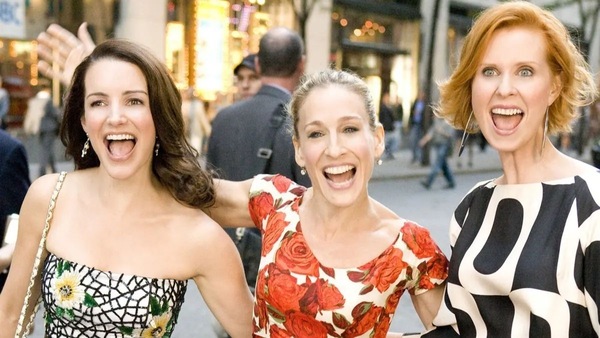
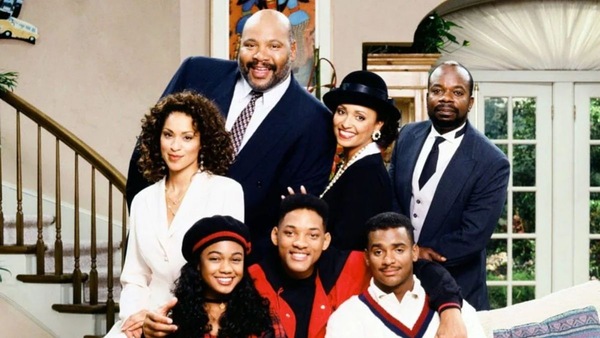
Television critics have frequently been detractors of reboots and spinoffs, citing them as products of waning imagination. But others argue that these franchise expanding exercises offer reinventions on themes and characters, dispelling some, but inciting more fan theories.
Pop culture theorists attribute the resurgence of reboots and sequels in the past one year to a risk aversion strategy. By relying on established characters, settings and plot devices, makers ensure that they already have an audience, however niche it might be, to market their product.
A report states that streaming wars have led programmers, studios and creators to stake higher claims on Intellectual Property. Following years of market supremacy enjoyed by Netflix, other streaming platforms like Amazon Prime, Disney+ Hotstar, ZEE5India, SonyLiv and Discovery+ jumped in on the bandwagon with high-profile releases to boot. A huge library of familiar content grabs eyeballs towards newer shows generated out of these original mammoth projects. Furthermore, their brand value compensates for the astronomical marketing costs pumped into original offerings. This is why streaming platforms have been churning out a Friends special there, a score of Star Wars series there.

This kind of security is what studios look out for while mounting tentpole projects. In an interview with IndieWire, a senior equity analyst explained how the streaming platforms derived from traditional studios aim to milk their robust inventory of films and shows “that people already know and love.”
Thus, the fourth phase of Marvel Cinematic Universe was not just a catalogue of theatrical feature films. Instead, Disney+ released three back-to-back standalone shows like WandaVision, The Falcon And the Winter Soldier and Loki, along with the traditional big-screen offerings like Black Widow, Shang-Chi and the Legend of the Ten Rings.
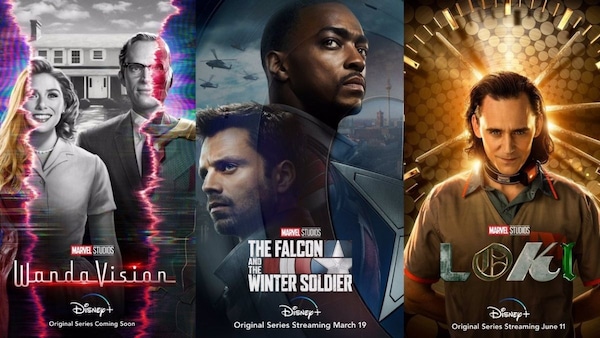
In February this year, Paramount+ also announced a bevvy of new releases, many of which are re-enactments of fan favourite content. Among these are Flashdance, a new show based on the iconic 1983 dance drama about the journey of a dancer to become a professional ballerina; The Italian Job, a sequel to the original 1969 heist film where Charlie Crocker’s grandchildren set off on a quest to locate and take possession of the famed Italian bullion; and The Offer, a behind-the-scenes account of the making of The Godfather from the perspective of the film’s Oscar-winning producer Albert S Ruddy; a new SpongeBob SquarePants series titled Kamp Koral; and a reimagination of Michael Douglas and Glenn Glose’s 1987 thriller Fatal Attraction, in which, the story would be “told through the lens of modern attitudes when it comes to strong women, personality disorders, victim shaming and coercive control,” according to the streaming service.
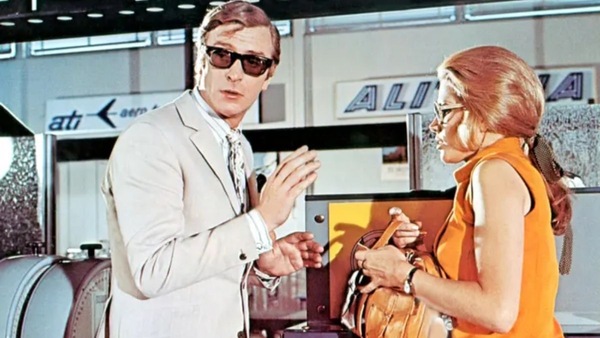
Yet-another phenomenon that can be observed with respect to spinoffs is the surge of animated shows derived from their live-action counterparts. Thus, Netflix backed the Jurassic Park animated spinoff Camp Cretaceous and HBO has financed a new Game of Thrones animated show.
Analysts posit practicality as the primary reason behind such a colossal turnover of animated content. Animation aids streaming services to bank on established brands at a time when filming on location owing to pandemic restrictions are expensive and unrealistic. Moreover, animation content has the liberty to experiment with the scale of production, something that is perhaps not as feasible in real-world settings. Case in point, the technicolour, genre-redefining Spider-Man: Into the Spider-Verse.
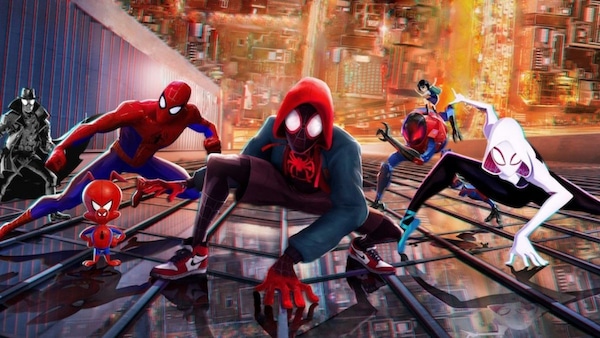
The strategy to reproduce derivative shows has been ragingly successful in some cases – Better Call Saul, for example, the prequel series to Breaking Bad. The spinoff series successfully avoided the most common trapping of a prequel – forging connections and building suspense. Author Stuart Henderson says the central dramatic tension is always in fear of getting diluted when audiences are already aware of how things pan out for a particular character. But not every spinoff has had such luck. Critics universally panned Baywatch despite the appeal of watching stars like Dwayne Johnson, Zac Efron and Priyanka Chopra in all their glitz and glory.
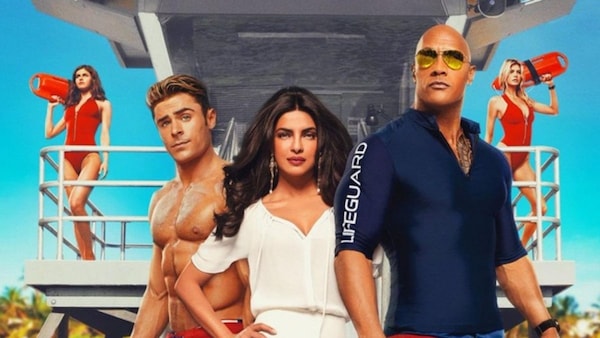
However, with studios and networks oversaturated with IPs, it’s evident that the next few years will see a deluge of nostalgic content hurled their way, no matter how they fare critically. And nostalgia is that one ever-dependable currency one can royally encash in a world that grapples with disturbing, changing realities all-too-often.
